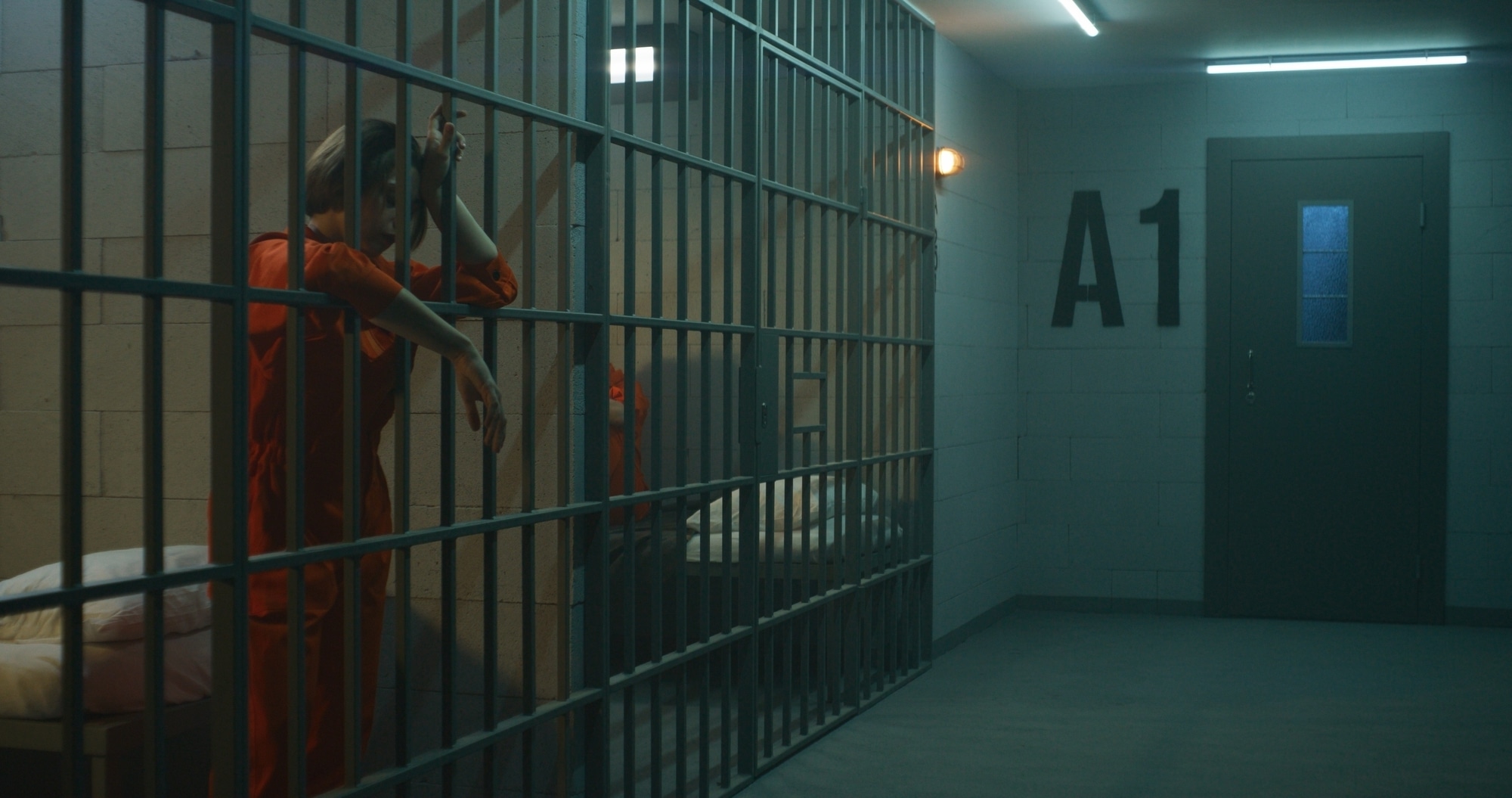Handling a False Arrest
Facing a false arrest can be a distressing and challenging experience. If you’re a resident of DeKalb County and find yourself in this situation, it’s crucial to approach it with a clear understanding of your rights and a strategic plan. Consulting with an experienced attorney specializing in criminal defense is essential to navigating the legal process effectively and building a robust defense against false charges.
Remain Cal9m and Compliant
It’s essential to stay calm during the arrest, even if you believe it is false. Resisting arrest or arguing with law enforcement officers on the spot can escalate the situation and lead to additional charges. Comply with their instructions, but clarify that you believe the arrest is mistaken.
Exercise Your Right to Remain Silent
Upon arrest, you have the right to remain silent. Anything you say can be used against you in court, so it’s advisable to refrain from discussing the circumstances of the arrest until you have legal representation. When you decide to remain silent, make it explicit by clearly stating, “I am invoking my right to remain silent.” This declaration helps establish a record that you were aware of and asserted your constitutional rights. Your right to remain silent extends to both verbal and non-verbal communication. Avoid nodding, shaking your head, or using other gestures that may be construed as responses. Remain calm and composed during interactions with law enforcement.
Request a Lawyer
As soon as possible, assert your right to an attorney. If you cannot afford one, you have the right to a court-appointed attorney, often known as a public defender. You can request a public defender if you are unable to secure private representation. If you have a specific attorney in mind or plan to hire a private attorney, express your desire to consult with them before answering any questions. You have the right to choose the attorney who will represent you in legal proceedings. Legal representation is crucial in navigating the legal process and defending against false charges.
Gather Information
Take note of any individuals who may have witnessed the events leading to the arrest. Collect their names, contact information, and a brief account of their observations. Witnesses can provide crucial testimony to corroborate your version of events.
Create a detailed timeline of your activities leading up to the arrest. Include where you were, who you were with, and what you were doing. This timeline can help establish an alibi or demonstrate that the events leading to the arrest were not as described. Keep any relevant personal records, such as receipts, text messages, emails, or GPS data, that can help establish your location and activities. These records may serve as evidence to counter false accusations.
Document the Incident
Pay attention to the details surrounding the arrest. Note the date, time, location, and the names and badge numbers of the arresting officers. If you have a smartphone or any other recording device, use it discreetly to document the events leading up to and during the arrest. This can serve as valuable evidence in proving your innocence or highlighting any misconduct by law enforcement. If law enforcement officers made any statements during the incident, document them as accurately as possible. This includes verbal instructions, questions asked, or any explanations provided by the officers.
Preserve Evidence
Keep any relevant physical evidence, such as clothing or items you had with you at the time of the arrest. Clothing may bear signs of force or struggle, and personal effects could be relevant to the circumstances. Keep these items in a secure and controlled environment. If the arrest resulted in property damage, such as doors, windows, or other structures, document and retain records of the damage. This documentation can be relevant in assessing the use of force and the circumstances surrounding the arrest.
Seek Medical Attention
If you sustained injuries during the arrest, photograph them in detail and seek medical attention promptly. Take pictures from different angles and distances to accurately depict the extent and nature of the injuries. Medical records can serve as crucial evidence of any harm suffered and can establish a connection between the incident and your injuries. Documenting your injuries and obtaining medical records can be essential in establishing the physical toll of the false arrest.
File a Complaint
After the false arrest, consider filing a complaint against the officers involved. This can be done through the appropriate law enforcement agency or by contacting the police department’s internal affairs division. Before filing a complaint, consult with an attorney to understand the legal implications and potential consequences. Your attorney can provide guidance on the best approach, help you frame your complaint effectively, and advise you on any additional legal actions that may be appropriate.
Seek Compensation
If your false arrest has significantly impacted your personal or professional life, document these effects. If you’ve suffered damages or losses due to the false arrest, explore the possibility of seeking compensation through legal avenues. This information can be helpful in potential legal actions seeking compensation for damages resulting from the false arrest.
Eshman Begnaud, LLC Can Help You Navigate the Complexities of the Legal System After a False Arrest
Seeking legal advice tailored to your unique situation is crucial. Protect your rights by acting promptly and consulting with a lawyer who can build a strong defense against false charges. Consult with the experienced criminal defense team at Eshman Begnaud, LLC, who are familiar with the legal system in DeKalb County. They can assess the specifics of your case, advise you on the best course of action, and represent you in court if necessary. Contact us at (404) 665-9601 for a free consultation.


 Call Us Now
Call Us Now Email Us Now
Email Us Now



